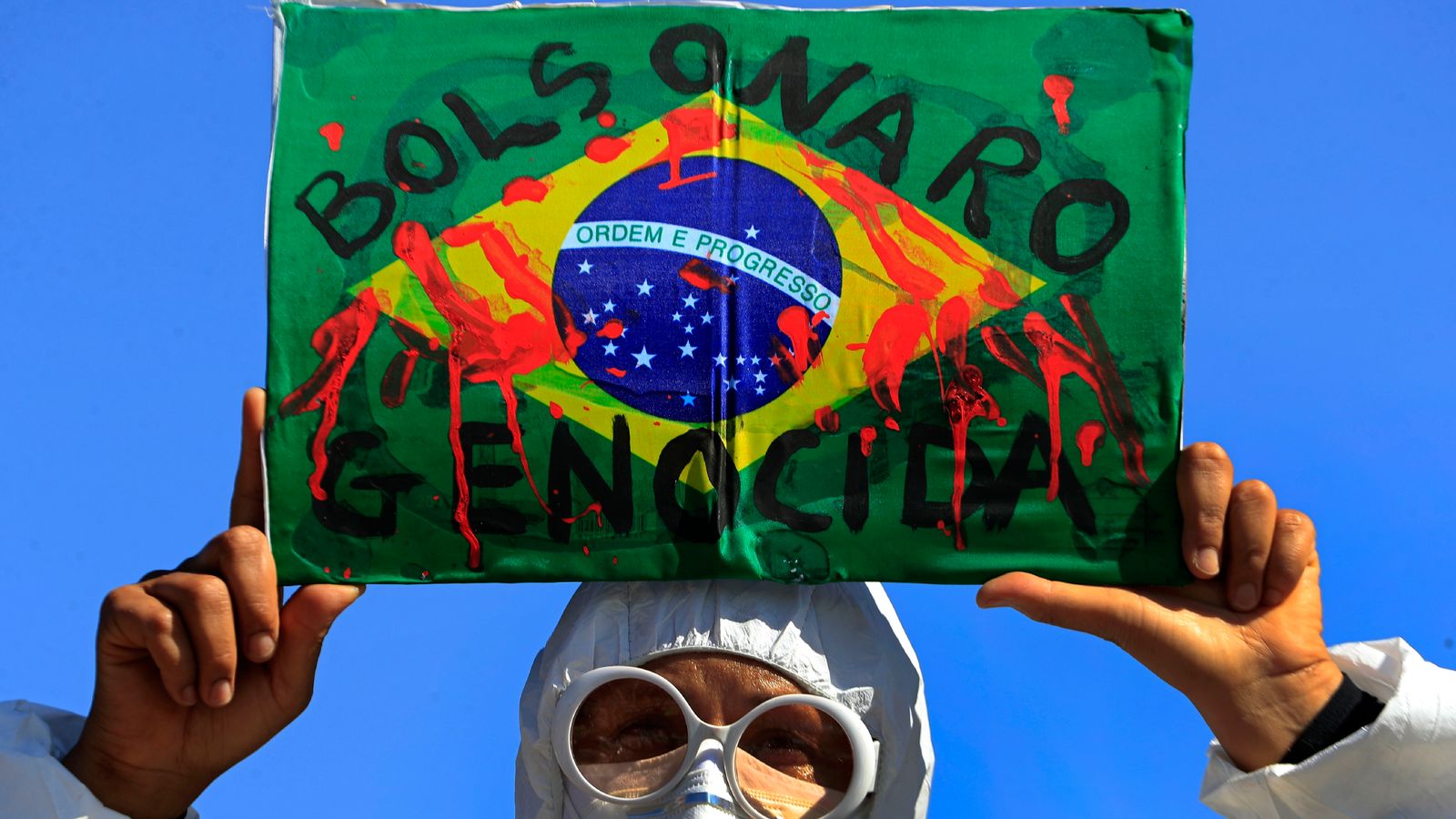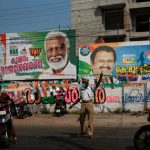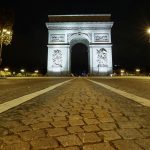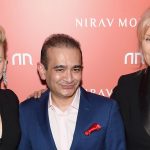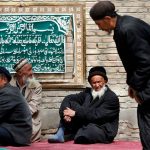Brazilian President Jair Bolsonaro loves meeting people; he can’t get enough of it, he travels the country looking to shake hands and kiss babies.
He likes doing interviews, he’ll talk about subjects varied and important to him.
There is just one caveat – he hates independent journalists, isn’t too keen on foreign ones, and won’t talk to anyone who doesn’t love him or agree with him on everything – “Trump of the Tropics” pretty much says it all.
Over the past year, I’ve travelled around Brazil attempting to speak to him and I have singularly failed.
His people are so determined to stop me from asking their boss a simple question – or worse – seeing him explode into a storm of foul-mouthed invective, that my slimmest chance of a breakthrough via a temporary accreditation badge has now been revoked.
We can’t get near him for now.
But in reality, we are not very important, what is important though is a parliamentary inquiry into his handling of the pandemic.
It’s important, and worse for Mr Bolsonaro, he knows he is in trouble.
The parliamentary inquiry has gained even more traction after the country recorded more than 500,000 deaths from COVID-19.
It’s become absolute box office and Senate TV is now required viewing here in Brazil.
It’s streamed all day as witness after witness allege the government failed to buy vaccines, promoted ineffective COVID cures and neglected to source adequate oxygen supplies.
The critics of the government are not just confined to opposition politicians.
Here in the capital Brasilia, I spoke to one federal supreme court judge who met with Mr Bolsonaro in March last year.
Gilmar Mendes told me he warned the president about the impending pandemic and offered his help and support.
He described the president as a man in crisis.
“It seemed to me in that moment this was a man, I even said, a little tortured by the facts. Very emotional, very emotional,” Mr Mendes said.
“He said that the economy was doing well, and that this pandemic was now coming, and that social isolation was a poison.”
Mr Mendes said the president’s main concern was, and still is, the economy, and he prioritised it accordingly.
“So he prioritised his concerns, maybe he generated much more around the economic issue, as [this] was reflected in the organisation of the government.”
President Bolsonaro is a divisive figure in Brazil who plays entirely to his supporter base.
At his last event, in Sao Paulo, he turned up at the front of a motorbike rally.
He resolutely denies the dangers of COVID, fought against lockdowns and masks, and promoted drugs like hydroxychloroquine made famous by Donald Trump.
During a Facebook live last week, he made the argument for herd immunity saying it is “more effective against the disease than the vaccine”.
He openly advocated for exposure to the virus and downplayed the efficacy of the vaccines.
Please use Chrome browser for a more accessible video player
These comments came in the week scientists in Brazil warned the country’s death toll could eclipse the United States – currently the highest in the world with more than 602,000 deaths.
In my quest to speak to the president, I went to visit one of his closest political allies, former soldier now congressman General Elieser Girao Monteiro Filho.
When we arrived he was busily planning the latest presidential visit, this time to the general’s home state, Rio Grande do Norte.
He oozed pride as he pointed out the helicopter route to two events with a laser pen on his map, and then he proudly showed me pictures of him and the president, blown up into posters adorning the walls of his small office.
Like the president, General Girao, as he is known, has had COVID-19.
Unlike the president, he has been vaccinated, wears masks, and sanitises his hands.
Still, he says any inquiry into the government’s handling of the crisis is politically motivated and says one man – Mr Bolsonaro – cannot be blamed for everything.
“Unfortunately COVID in Brazil, specifically in Brazil, was transformed into a political war and this political war, unfortunately, is leading to many people not getting a prescription for the medicine that immediately treats the virus,” he told me.
There is no such medicine. I assume he is referring to the president’s hydroxychloroquine treatment plan, widely debunked around the world.
Some say Brazil is in the midst of its third wave, others argue the first wave just never ended.
But even though Brazil’s infection rates are still high, lockdowns are still not regarded as the solution by this government.
“I believe the president acted correctly when he reacted [in opposition] to the closures. Lockdowns have not been successful anywhere in the world.”
Brasilia is a man-made city with wide boulevards and stylised buildings designed and built in the 1950s by Brazilian architect Oscar Niemeyer.
Follow the Daily podcast on Apple Podcasts, Google Podcasts, Spotify, Spreaker
It’s been described as a city of clean lines, rational planning and space. It feels homogenised and un-Brazilian compared to the throbbing atmospheric cities of Rio de Janeiro and Sao Paulo.
But Brasilia is now home to one of the most important inquiries in Brazil’s recent history, and its conclusions could have consequences that change the direction of this huge country.
Next year there are elections – and the recent street protests across the country, and the latest polls showing Mr Bolsonaro’s popularity plummeting, suggest he’s in trouble.
